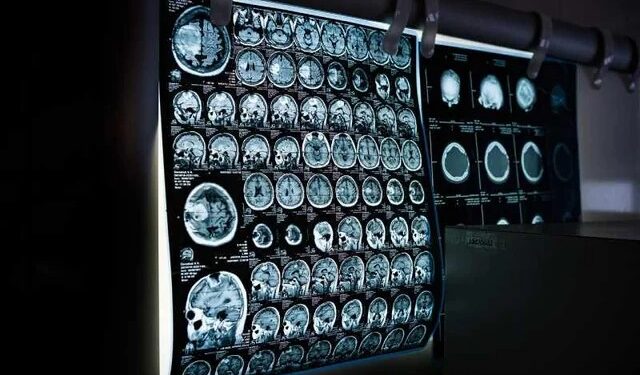A newly developed artificial intelligence system is being hailed as a potential game-changer for clinical research, enabling rapid annotation of medical images and helping scientists accelerate studies on treatments and disease progression. Researchers say the technology could streamline one of the most time-consuming aspects of medical analysis.
Faster annotation of medical images
Medical image annotation, the process of marking areas of interest in scans such as MRI or CT images, is essential for studying how diseases develop and respond to therapies. Traditionally, this task requires trained specialists and can take weeks or months. The new AI tool automates much of this work, allowing researchers to generate accurate datasets far more quickly.
Applications in treatment development
By cutting the time needed to label medical data, the system has the potential to accelerate the testing of new treatments. Pharmaceutical companies and academic researchers could use the tool to track how patients respond to therapies, identify subtle changes in tissues, and build large-scale datasets for machine learning models in drug discovery.
Mapping disease progression
Beyond treatment studies, the AI could also play a major role in understanding the natural course of diseases. For conditions such as cancer, Alzheimer’s, or cardiovascular disease, being able to map progression across thousands of images quickly and consistently offers a clearer picture of how illnesses evolve. This, in turn, could inform earlier interventions and more personalised care strategies.
Balancing speed with accuracy
While the technology shows promise, experts caution that human oversight remains crucial. AI-generated annotations must be validated to avoid errors that could affect clinical outcomes. Developers stress that the system is designed to assist, rather than replace, medical professionals, ensuring efficiency without compromising accuracy.
Looking ahead
As AI continues to penetrate healthcare, tools such as this are expected to become integral to medical research. By reducing bottlenecks in data preparation, the system could not only accelerate the pace of clinical studies but also bring new therapies to patients more quickly.
Newshub Editorial in Tech – 28 September 2025




Recent Comments